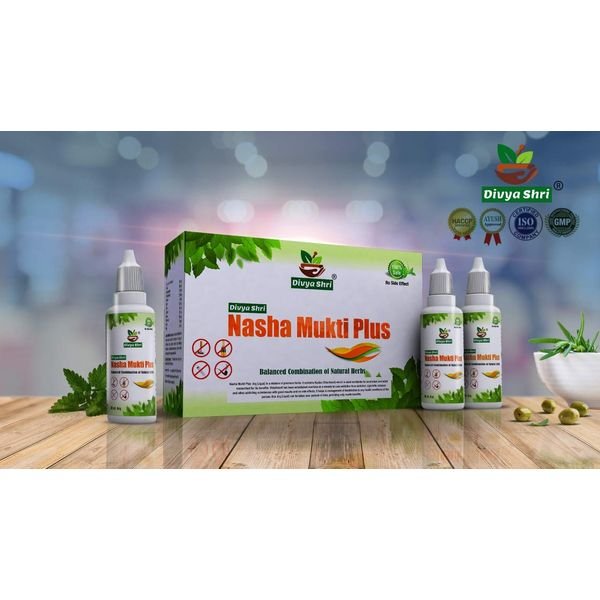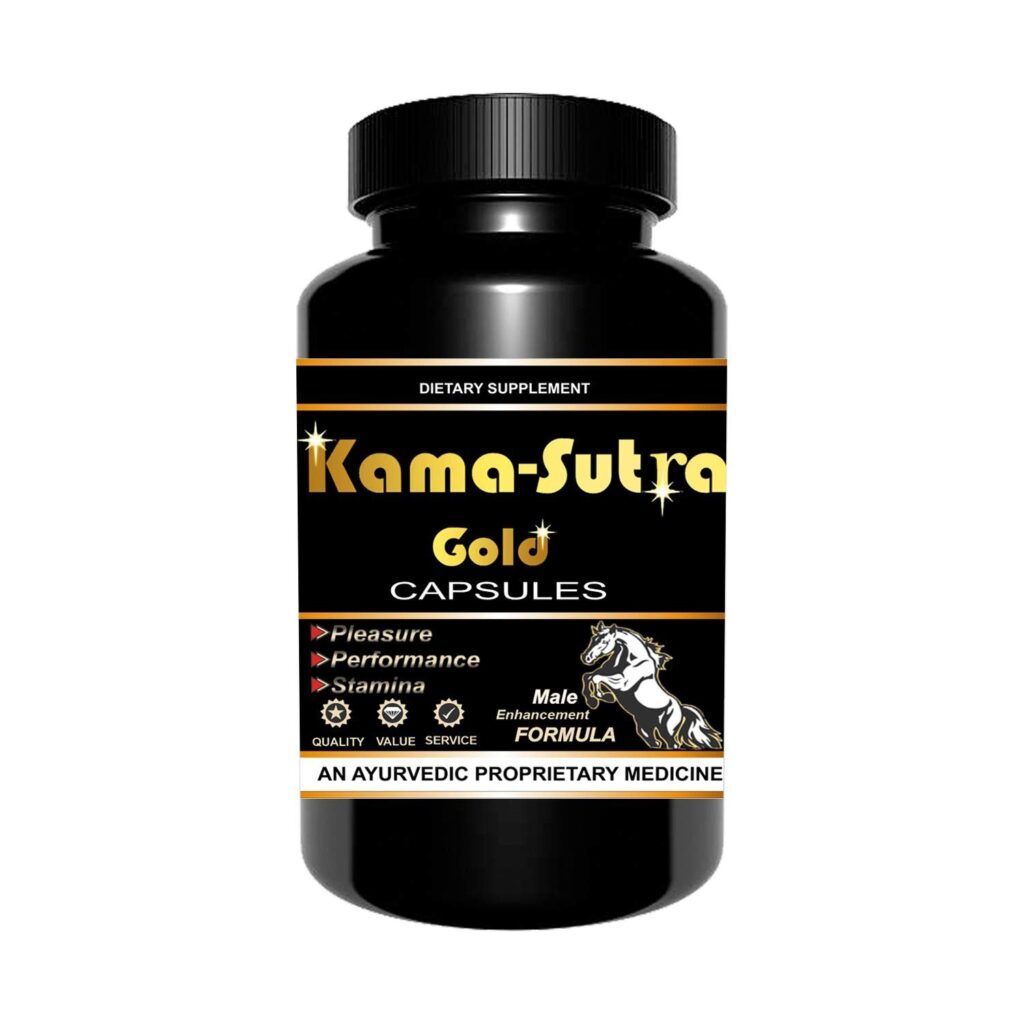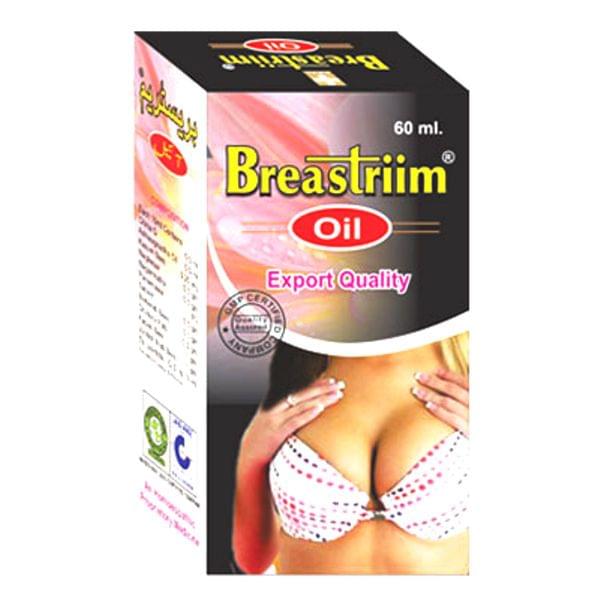As we age, the production of collagen in our bodies decreases, leading to visible signs of aging such as wrinkles and sagging skin. However, with the use of Plix Collagen Supplements, it is possible to rediscover youthful skin and experience a range of benefits. In this article, we will explore the role of collagen in skin health, the effects of aging on collagen production, and the benefits of incorporating collagen supplements into your daily routine.
Key Takeaways
- Plix Collagen Supplements can help replenish collagen levels in the body, leading to improved skin elasticity and hydration.
- Choosing the right collagen supplement involves considering factors such as type, source, and absorption rate.
- Incorporating collagen supplements into your routine can enhance the benefits by combining them with other nutrients and following best practices for consumption.
- Understanding the role of collagen in skin health and the effects of aging on collagen production is essential for making informed decisions about supplementation.
- While collagen supplements offer numerous benefits, it’s important to be aware of potential side effects and take necessary precautions when incorporating them into your routine.
Understanding Collagen and Aging
The Role of Collagen in Skin Health
Collagen is the most abundant protein in our bodies, particularly type I collagen, which is found predominantly in the skin. As the scaffolding of the skin, it provides structure and elasticity, which is why a youthful complexion is often a sign of high collagen levels. Maintaining collagen levels is crucial for skin health, and as we age, our body’s natural production of collagen decreases.
Collagen supplements aim to replenish these diminishing levels and can come in various forms, such as powders, pills, and creams. While the body can produce collagen naturally, factors like diet, stress, and environmental pollutants can impact its synthesis.
- Hydration: Collagen helps retain skin moisture.
- Elasticity: It provides skin with the ability to bounce back.
- Strength: Collagen gives skin its strength and firmness.
Collagen’s role in skin health extends beyond mere appearance; it also aids in wound healing and combating the effects of UV exposure. By supporting the skin’s barrier function, collagen helps protect against environmental aggressors.
Choosing a collagen supplement can be likened to selecting a daily multivitamin; it’s a personal choice that should be tailored to one’s individual health needs and lifestyle.
Effects of Aging on Collagen Production
As we age, our bodies naturally begin to produce less collagen, leading to a decrease in skin elasticity and hydration. This reduction in collagen production is a key factor in the development of wrinkles and fine lines. The rate of collagen loss can vary from person to person, but it generally accelerates after the age of 30.
Collagen synthesis is complex and influenced by various factors, including genetics, environmental exposure, and lifestyle choices. For instance, smoking and excessive sun exposure can exacerbate collagen degradation. To illustrate the typical decline in collagen production with age, consider the following table:
| Age Range | Estimated Collagen Loss Per Year |
|---|---|
| 20-30 | 1% |
| 30-40 | 1.5% |
| 40-50 | 2% |
| 50+ | 2.5% |
While we cannot stop the natural aging process, understanding the factors that contribute to collagen loss can help us mitigate its effects and maintain healthier skin for longer.
It’s important to note that while the market, including websites that offer health products like Ayurvedic remedies and personal care items, may suggest various solutions for maintaining youth, not all are backed by scientific evidence. Products such as Himcolin Gel claim to enhance sexual health, but when it comes to collagen production, it’s essential to rely on proven supplements and lifestyle changes.
Benefits of Collagen Supplements
Collagen supplements have been gaining popularity as a means to counteract the effects of aging on the skin and overall health. The primary benefit of taking collagen supplements is the potential to improve skin elasticity and hydration, which can lead to a more youthful appearance. Additionally, collagen plays a crucial role in maintaining the integrity of our joints, and supplementing with collagen may help to alleviate joint pain.
Collagen is also essential for bone health, and as we age, our bones may become more fragile due to decreased collagen production. By taking collagen supplements, you may help prevent bone loss and maintain stronger bones. Moreover, collagen has been linked to increased muscle mass, which is particularly beneficial for older adults who may experience muscle wasting.
- May improve skin health
- May relieve joint pain
- May prevent bone loss
- May boost muscle mass
While the benefits of collagen are extensive, it’s important to approach supplementation with realistic expectations and understand that results can vary from person to person.
Choosing the Right Collagen Supplement
Types of Collagen Supplements
When exploring the market for collagen supplements, you’ll encounter various types, each with unique benefits. Hydrolyzed collagen, also known as collagen peptides, is one of the most common forms due to its easy absorption by the body. Gelatin, derived from cooked collagen, is another form that’s beneficial for gut health but is less versatile in use.
Marine collagen, sourced from fish, is rich in Type I collagen, which is ideal for skin health. On the other hand, bovine collagen, typically sourced from cows, is a mixture of Type I and III and is often used for joint health. There are also multi-collagen supplements that combine several types of collagen to target multiple areas of the body.
It’s essential to consider the source and type of collagen when selecting a supplement, as this can affect its efficacy and suitability for your health goals.
Here’s a quick reference list of the common types of collagen supplements:
- Hydrolyzed Collagen (Collagen Peptides)
- Gelatin (Cooked Collagen)
- Marine Collagen (Fish-Sourced)
- Bovine Collagen (Cow-Sourced)
- Multi-Collagen Blends
Factors to Consider When Choosing
When selecting the ideal collagen supplement, it’s crucial to consider a variety of factors to ensure you’re getting the best product for your needs. The dosage of collagen in each serving is a primary consideration, as it can vary widely between products. Additionally, the form of the supplement—whether it be powder, capsules, or liquid—can influence how you incorporate it into your daily routine.
Another important aspect is the source of the collagen. Collagen supplements are typically derived from bovine, marine, or chicken sources, each with its own set of benefits. For instance, marine collagen is often praised for its high bioavailability and sustainability.
It’s essential to look at the amino acid profile of the supplement, as this determines the efficacy of the collagen in addressing specific health concerns.
Lastly, consider the brand’s reputation and the presence of any additional ingredients that may enhance or detract from the collagen’s benefits. Here’s a quick checklist to help you evaluate your options:
- Dosage per serving
- Form of supplement (powder, capsules, liquid)
- Source of collagen (bovine, marine, chicken)
- Amino acid profile
- Brand reputation
- Additional ingredients
Understanding Collagen Absorption
The efficacy of collagen supplements is not just about the dosage, but also about how well the body can absorb the collagen. Bioavailability is a critical factor that determines the extent to which collagen is absorbed and utilized by the body. Different forms of collagen supplements have varying levels of bioavailability, with hydrolyzed collagen being one of the most easily absorbed.
Hydrolyzed collagen is broken down into smaller peptides, which are more readily absorbed in the digestive tract. This process enhances the supplement’s effectiveness, making it a popular choice among consumers.
- Ensure the supplement is hydrolyzed for better absorption
- Check for additional ingredients that may enhance absorption, such as vitamin C
- Consider the form of the supplement, whether powder, capsule, or liquid
While the body can absorb collagen in various forms, the method of delivery and accompanying nutrients can significantly impact absorption rates. It’s important to choose a supplement that aligns with your body’s needs and your lifestyle preferences.
Incorporating Collagen Supplements into Your Routine
Best Practices for Taking Collagen Supplements
To maximize the benefits of collagen supplements, consistency is key. Establish a daily routine that includes your collagen intake, ensuring it becomes a seamless part of your day. For instance, adding collagen powder to your morning coffee or smoothie can make it an effortless habit.
When considering the timing of your collagen supplement, it’s important to note that some studies suggest taking it on an empty stomach may enhance absorption. However, if you experience any digestive discomfort, taking collagen with meals can help mitigate these issues.
While there is no one-size-fits-all approach, starting with the recommended dosage on the product label and adjusting based on your body’s response is a sensible strategy.
To support collagen synthesis and enhance the effects of your supplement, ensure you’re also getting adequate vitamin C and other necessary nutrients through your diet or additional supplements. Remember, a balanced approach to nutrition will complement the benefits of collagen supplementation.
Combining Collagen with Other Nutrients
To maximize the benefits of collagen supplements, it’s crucial to consider the synergy between collagen and other nutrients. Vitamin C, for instance, plays a pivotal role in the synthesis of collagen, making it a valuable companion to collagen intake. Similarly, copper and zinc are essential minerals that support the body’s natural collagen production.
Incorporating a balanced diet alongside collagen supplements can lead to more pronounced effects. Here’s a simple guide to nutrients that complement collagen:
- Vitamin C: Enhances collagen synthesis
- Zinc: Supports skin health and wound healing
- Copper: Aids in collagen stabilization and protection
- Vitamin A: Promotes skin cell turnover and collagen repair
Remember, while collagen supplements can be beneficial, they are most effective when part of a holistic approach to wellness that includes a variety of nutrients.
It’s also worth noting that certain nutrients can interfere with collagen absorption. For example, high levels of sugar and refined carbs can damage collagen fibers, reducing their effectiveness. Therefore, maintaining a diet low in these substances can help preserve the integrity of collagen in the body.
Potential Side Effects and Precautions
While collagen supplements, like those offered by Plix, are generally considered safe, it is important to be aware of potential side effects and take necessary precautions. Most side effects are mild and may include digestive discomfort, a feeling of heaviness in the stomach, or a bad taste in the mouth.
Always consult with a healthcare provider before starting any new supplement, especially if you have existing health conditions or are taking other medications.
Collagen supplements can interact with certain medications, and some people may experience allergic reactions. Here’s a list of precautions to consider:
- Start with a lower dose to assess tolerance.
- Monitor for any allergic reactions, particularly if you have known allergies to protein sources.
- Be aware of the source of collagen, as some may be derived from allergens such as fish, shellfish, or eggs.
Remember, while the website offers health products, it’s crucial to approach any new supplement with caution and informed decision-making.
Conclusion
In conclusion, the benefits of Plix Collagen Supplements are evident in their ability to promote youthful skin, support joint health, and improve overall well-being. With its natural and effective formula, Plix Collagen Supplements offer a convenient way to rediscover youth and vitality. Incorporating Plix Collagen Supplements into your daily routine can lead to long-lasting benefits, making it a valuable addition to a healthy lifestyle. Rediscover your youth with Plix Collagen Supplements today!
Frequently Asked Questions
What is collagen and why is it important for skin health?
Collagen is a protein that provides structure to the skin and plays a crucial role in maintaining its firmness and elasticity. As we age, the production of collagen decreases, leading to visible signs of aging such as wrinkles and sagging skin. Collagen supplements can help support skin health by replenishing the body’s collagen levels.
How do collagen supplements benefit overall health?
In addition to promoting skin health, collagen supplements can also benefit overall health by supporting joint function, bone strength, and muscle mass. Collagen is a key component of connective tissues throughout the body, making it essential for maintaining the health and integrity of various bodily systems.
Are collagen supplements safe to use?
Collagen supplements are generally safe for most people when taken as directed. However, it’s important to consult with a healthcare professional before starting any new supplement regimen, especially for individuals with existing medical conditions or those who are pregnant or nursing.
What are the different types of collagen supplements available?
Collagen supplements come in various forms, including collagen peptides, hydrolyzed collagen, and collagen protein powders. Each type may have specific benefits and uses, so it’s important to choose a supplement that aligns with your health goals and preferences.
Can collagen supplements be taken with other vitamins and supplements?
Yes, collagen supplements can be taken alongside other vitamins and supplements as part of a balanced wellness routine. However, it’s advisable to consult with a healthcare professional to ensure that there are no potential interactions or adverse effects when combining different supplements.
Are there any potential side effects of taking collagen supplements?
While collagen supplements are generally well-tolerated, some individuals may experience mild digestive discomfort, such as bloating or diarrhea, especially when first starting the supplement. It’s important to start with a low dose and gradually increase as tolerated to minimize any potential side effects.











